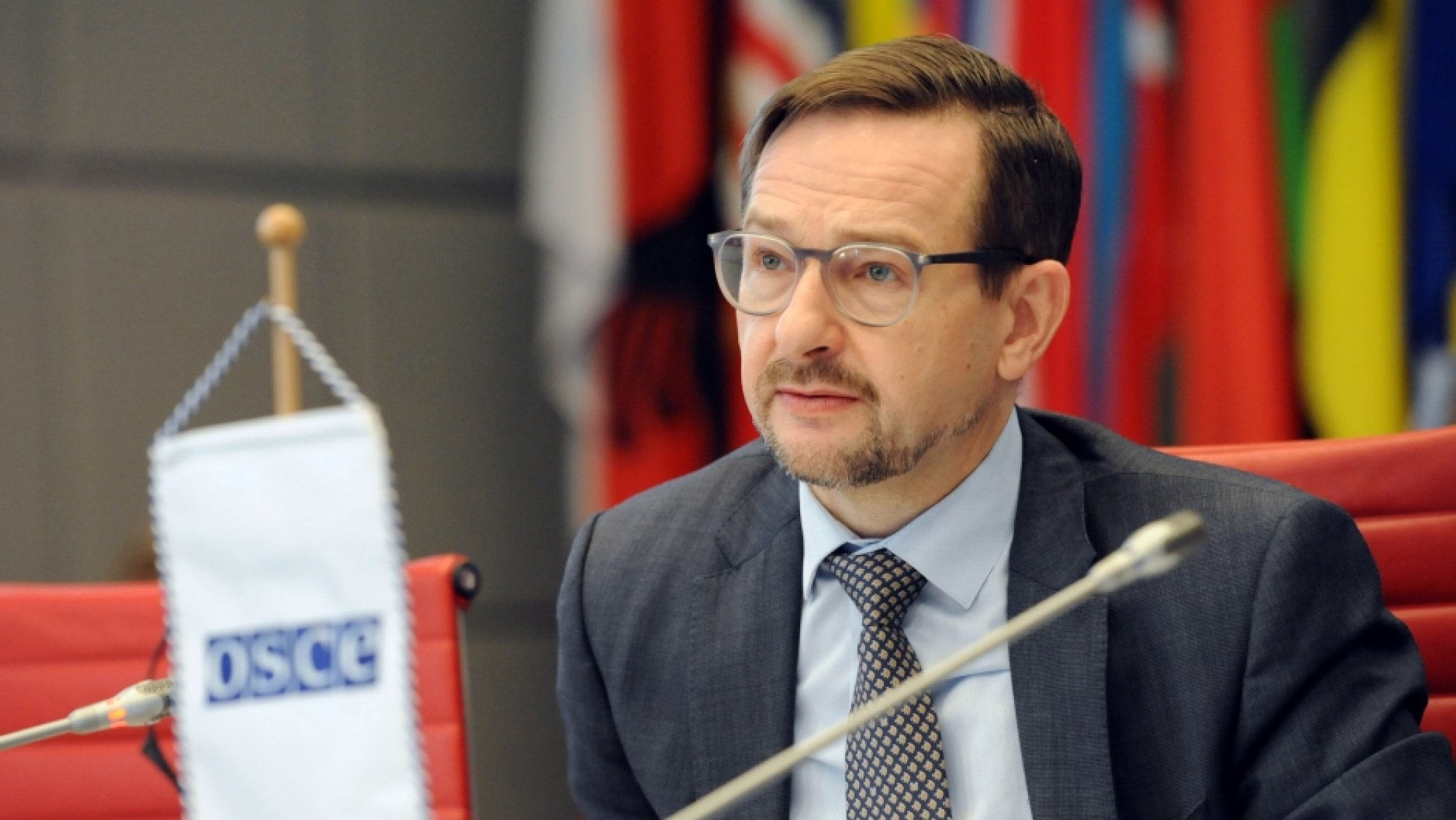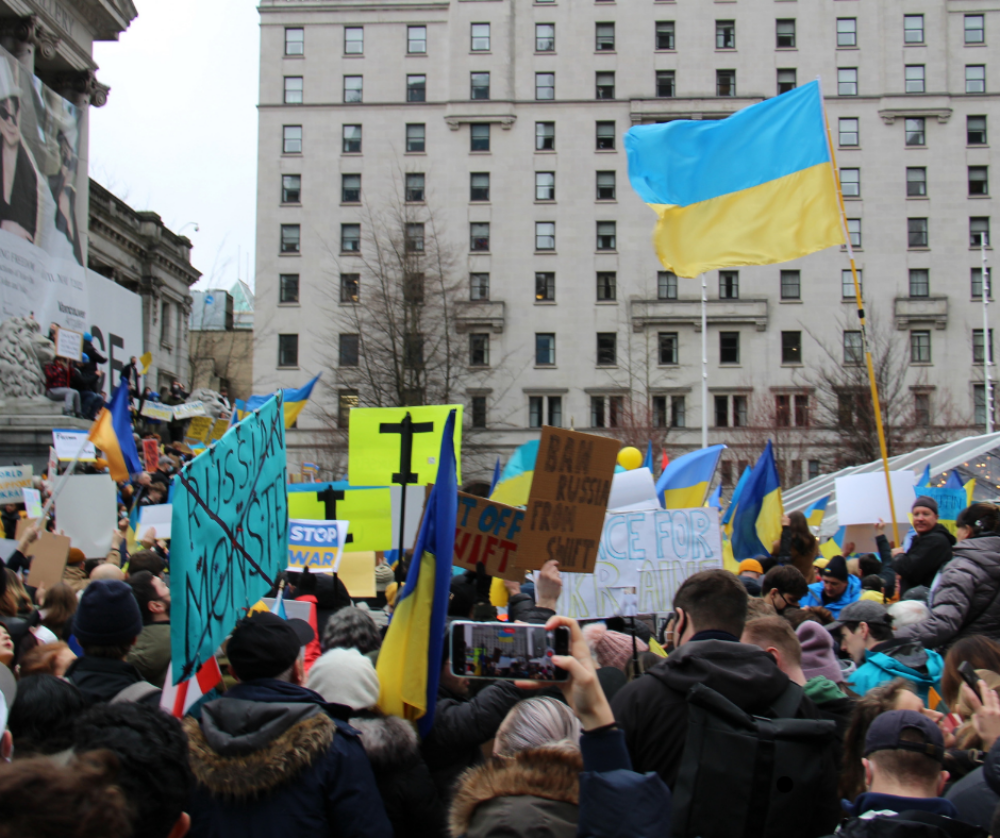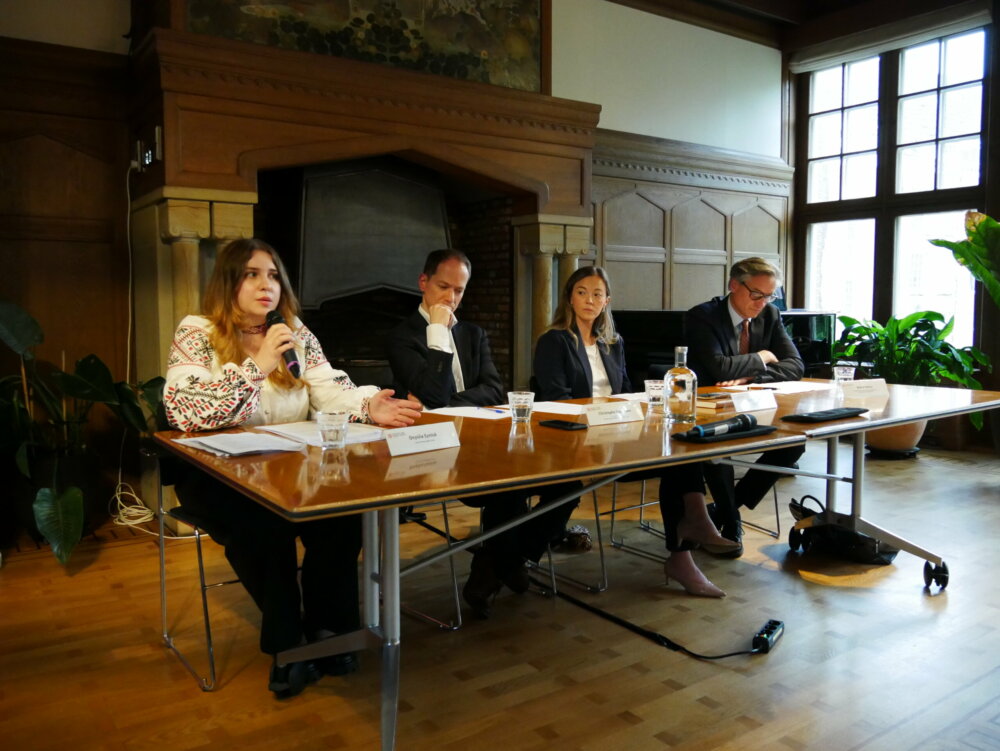OSCE/Micky Kroell

“The OSCE needs to be made more fit for purpose”
When a new OSCE Secretary General assumes office, there is usually a time window of several months during which the new person can make use of the momentum to launch new ideas and reform proposals.
Ambassador Thomas Greminger, who assumed the post of OSCE Secretary General in July 2017, stood out from the beginning as someone outspoken and ready to modernize the Organization while not shying away from controversial issues. In February, he initiated a reform process within the OSCE and distributed an internal non-paper with suggestions to OSCE participating States.
Greminger is not new to the OSCE. He was Switzerland’s Permanent Representative to the Organization from 2010 until 2015. In 2014, when Switzerland held the OSCE Chairmanship and the Ukraine crisis erupted, he was instrumental in negotiating the mandate of the OSCE Special Monitoring Mission (SMM) to Ukraine. Hence, Greminger knows the OSCE well and has a broad understanding of the Organization’s weaknesses and strengths.
“The political climate in the OSCE region has deteriorated significantly since the eruption of the Ukraine conflict in 2014,” Greminger says. “Therefore, I think the OSCE is needed more than ever but it has to be made more fit for purpose,” he adds. In this context, Greminger has identified seven possible areas of reform.
The first one is to improve the OSCE Secretariat’s responsiveness. Greminger has initiated a review of the Organization’s management structure that should “generate recommendations on how to increase the effectiveness, agility and flexibility of the Secretariat”. According to Greminger, this will be necessary because the Organization and the Secretariat have grown “organically”.
As a second priority, Greminger wants to examine how the OSCE can continue to deliver successfully on the ground, by utilizing its comparative advantage within the OSCE field operations. This topic is not new as previous Secretary Generalss have made attempts at maximizing the OSCE’s impact in the field through innovative new models of enhanced field presences.
Greminger also wants to reform the OSCE budget process. “The current process is far from ideal,” Greminger says. Therefore, in his view, what is needed is a “multi-year strategic planning process and biennial budgeting”. Greminger however admits that it will be difficult to abolish the yearly approval of the budget. This has become a tool for participating States to retain full control over the Organization. But Greminger still wants to introduce a biennial budget that will be approved annually, with detailed negotiations only taking place every two years.
Greminger also plans to invest more in the staffing of the OSCE in order to “attract and retain the best people from across the OSCE area”. “The OSCE is a non-career organization but it should still be possible to modernize the OSCE contract policy,” he adds.
As a fifth priority, Greminger wants to work on integrating women and youth into the work of the Organization, across all three security dimensions. Gender equality is very close to Greminger’s heart.
The sixth point has to do with information technology. “I want to upgrade and enhance the existing information and communication technology (ICT) infrastructure and its service delivery approach,” he explains. This is particularly important to maintain the security of the system.
Finally, work will go into sharpening and raising the OSCE’s profile. Greminger is of the opinion that the OSCE currently “does not receive the attention it deserves for its contribution to preventing conflict and strengthening security”. Therefore, proposals will be made on how to improve communication and increase the OSCE’s visibility.
While these concrete reform areas are mostly in the Secretary General’s hands, there are other proposals that Greminger has made which are up to the participating States to decide. Indeed, it is up to them to agree on a common purpose for which the OSCE’s executive structures will be fit.
Still, Greminger sees a role for the Secretariat in supporting informal consultation processes among participating States, such as the Structured Dialogue on politico-military security issues. This dialogue process, which was launched last year, is of particular importance as it is currently the only multilateral forum for politico-military security issues between Russia and the West.
Chairing this informal meeting is very work intensive and requires a lot of background preparations. The Secretariat already supports this work but could do it even more systematically. While political consultations will always be up to the participating States, a supporting role by the Secreatry General and the Secretariat could help ensure continuity and institutional memory as well as provide assistance to the Chair of the working group.
Supporting informal consultation processes also makes sense because, according to Greminger, the formal OSCE bodies are “highly politicized”. The aim should be to create a “pragmatic, unifying agenda on issues where there is a convergence of interest”.
Greminger also suggests to leverage partnerships with other organizations, as well as civil society, private sector, parliamentarians and development actors in order to increase the OSCE’s ability to deliver on its mandates.
All in all, the process will take time and will most probably not always be easy. Greminger noted that “a small number of States are rather sceptical” of the proposals but that “the majority of States reacted positively”. “Therefore, I am confident that some progress will be achieved soon,” Greminger concludes.



Comments
* Your email address will not be published